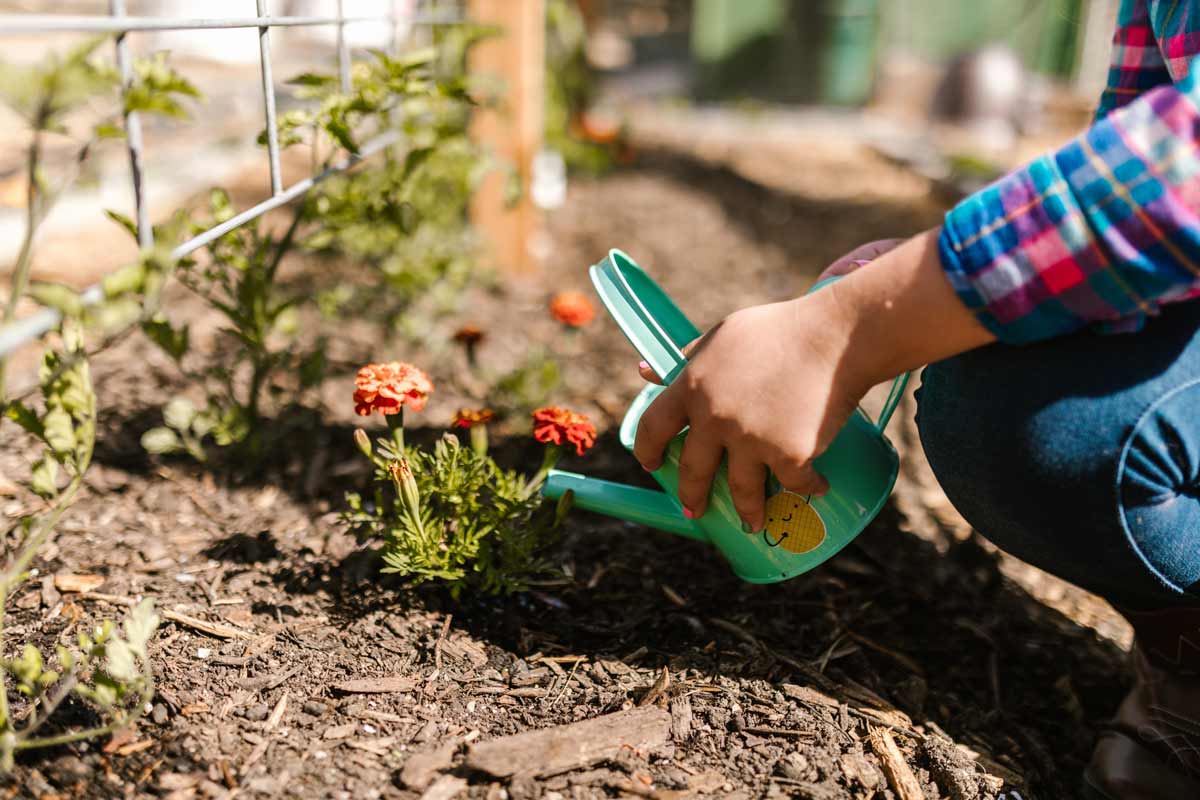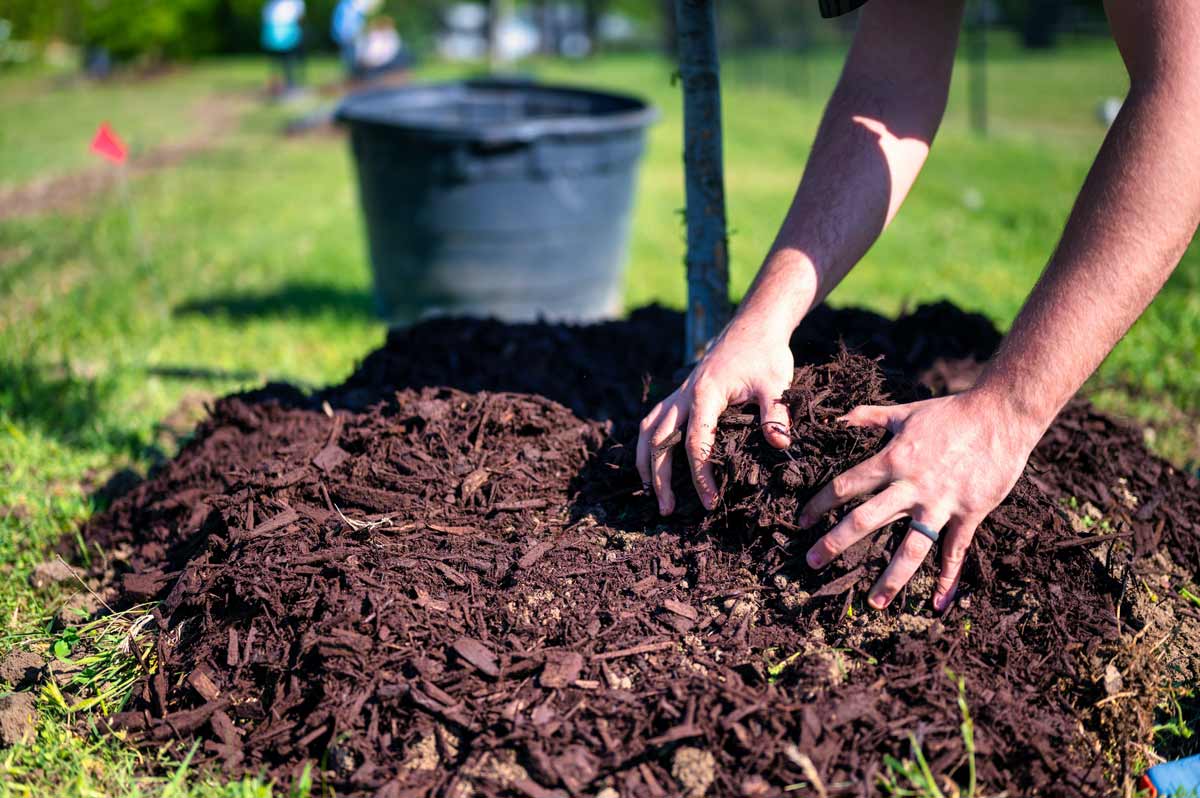We use cookies to make your experience better. To comply with the new e-Privacy directive, we need to ask for your consent to set the cookies. Learn more.
The Advantages of Using Mulch in Your Garden


Mulching is a time-tested gardening practice that involves placing a protective layer of material on the soil surface around plants and in garden beds. This layer, known as mulch, offers a range of benefits that contribute to the overall health and productivity of the garden. From nourishing the soil to conserving moisture and controlling weeds, mulching is an essential technique that every gardener should embrace.
Improved Soil Health
Mulching plays a pivotal role in enhancing soil health. As the mulch decomposes over time, it adds organic matter to the soil, improving its structure and fertility. Organic mulches, such as Rotted Horse Manure release essential nutrients like nitrogen, phosphorus and potassium that enrich the soil. This improved soil health fosters robust root development, leading to healthier and more resilient plants.
Moisture Retention
One of the most significant benefits of mulching is its ability to conserve soil moisture. By creating a protective barrier between the soil and the atmosphere with a mulch such as Premium Pine Bark, the mulch will reduce evaporation and minimises water loss due to sun and wind exposure. This moisture retention not only reduces the frequency of watering but also ensures that plants have a steady supply of water during hot and dry periods.
Weed Control
Mulching acts as a natural weed suppressor, hindering the germination and growth of unwanted plants. The dense layer of mulch prevents sunlight from reaching weed seeds, inhibiting their ability to sprout. Additionally, certain mulch materials, such as Landscape Bark, creates a physical barrier that makes it difficult for weeds to penetrate the soil surface. By controlling weeds, mulching reduces the competition for nutrients and water, allowing cultivated plants to flourish.


Temperature Regulation
Mulch serves as a natural insulator, regulating soil temperature throughout the year. In hot weather, mulch shields the soil from excessive heat, preventing overheating and root damage. During colder seasons, it acts as a protective blanket, safeguarding plant roots from freezing temperatures. This temperature moderation ensures optimal growing conditions, even in extreme weather conditions.
Erosion Prevention
By creating a protective layer on the soil surface, mulching helps prevent soil erosion. It shields the soil from the impact of heavy rain and wind, reducing the risk of runoff and soil loss. This erosion prevention is especially crucial on sloped landscapes or areas susceptible to heavy rainfall, where soil erosion can lead to nutrient depletion and landscape degradation.
Disease Suppression
Certain types of mulch, such as straw and pine needles, possess natural antifungal and antibacterial properties. When applied around plants, these mulches can help suppress soil-borne diseases and reduce the risk of plant infections. This disease suppression is particularly beneficial in preventing the spread of pathogens and maintaining the overall health of the garden.
Visual Appeal
In addition to its functional benefits, mulching also enhances the aesthetics of the garden. Mulch comes in various colours, textures, and types, allowing gardeners to choose materials, including newer types of mulch such as Cockle Shell Mulch that can complement the overall design and theme of a landscape.
Mulching is a gardening practice with many advantages and can transform the health and vitality of plants while making garden maintenance easier. From nourishing the soil and conserving moisture and controlling weeds, mulching is a necessary technique for gardeners of all levels. By incorporating mulching into your gardening routine, you can reap the benefits of healthier plants, thriving landscapes, and a more sustainable approach to gardening.


